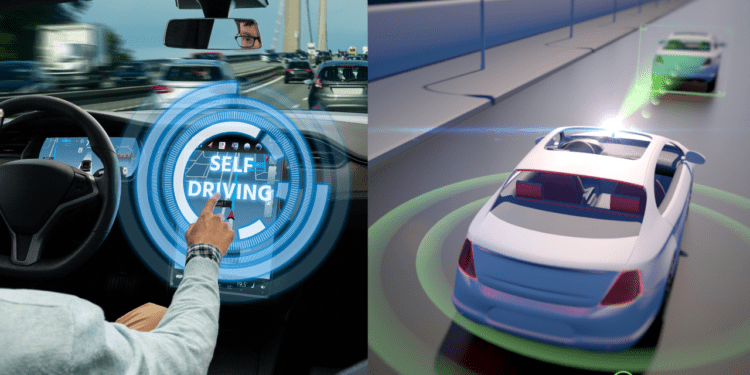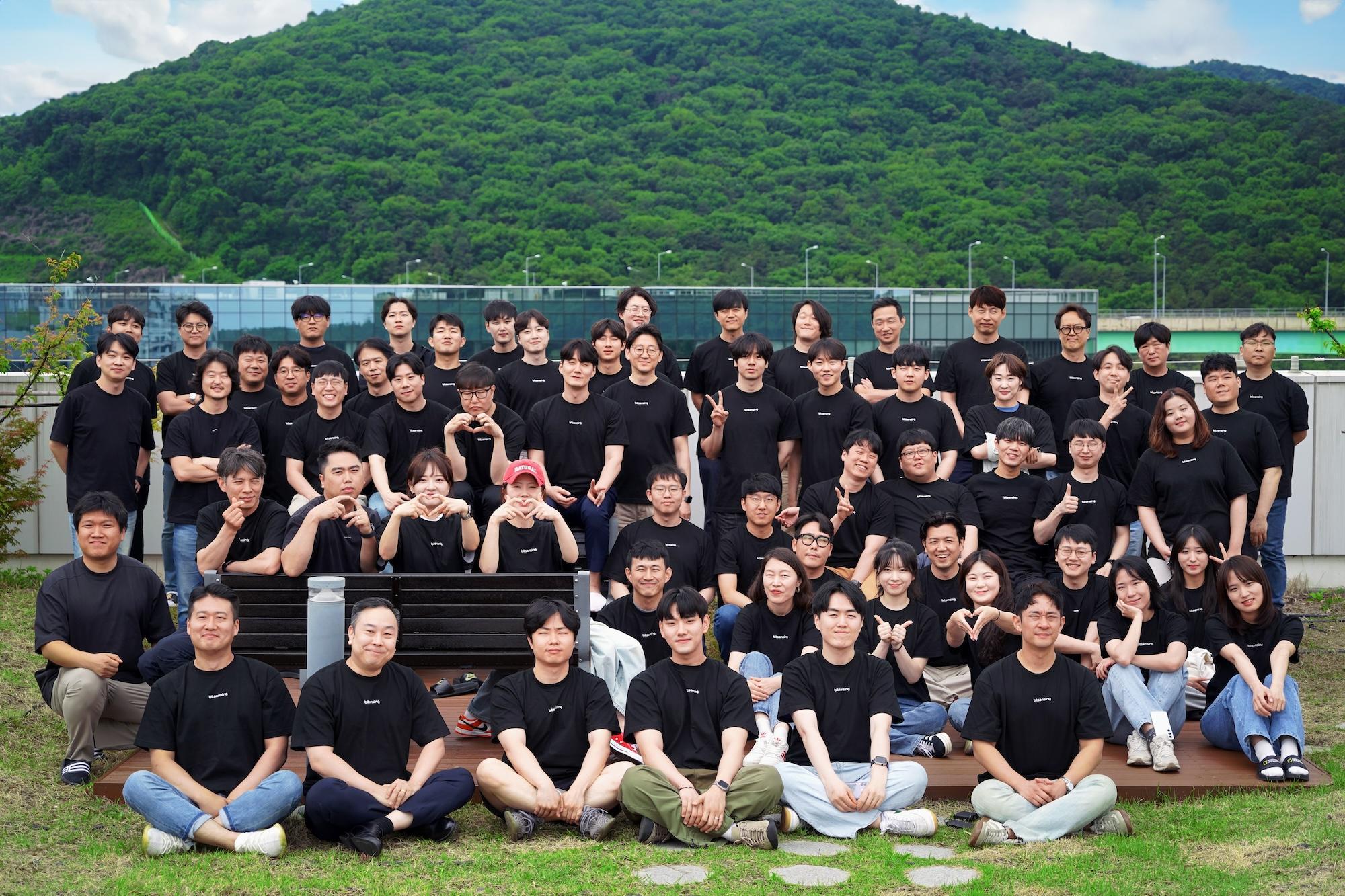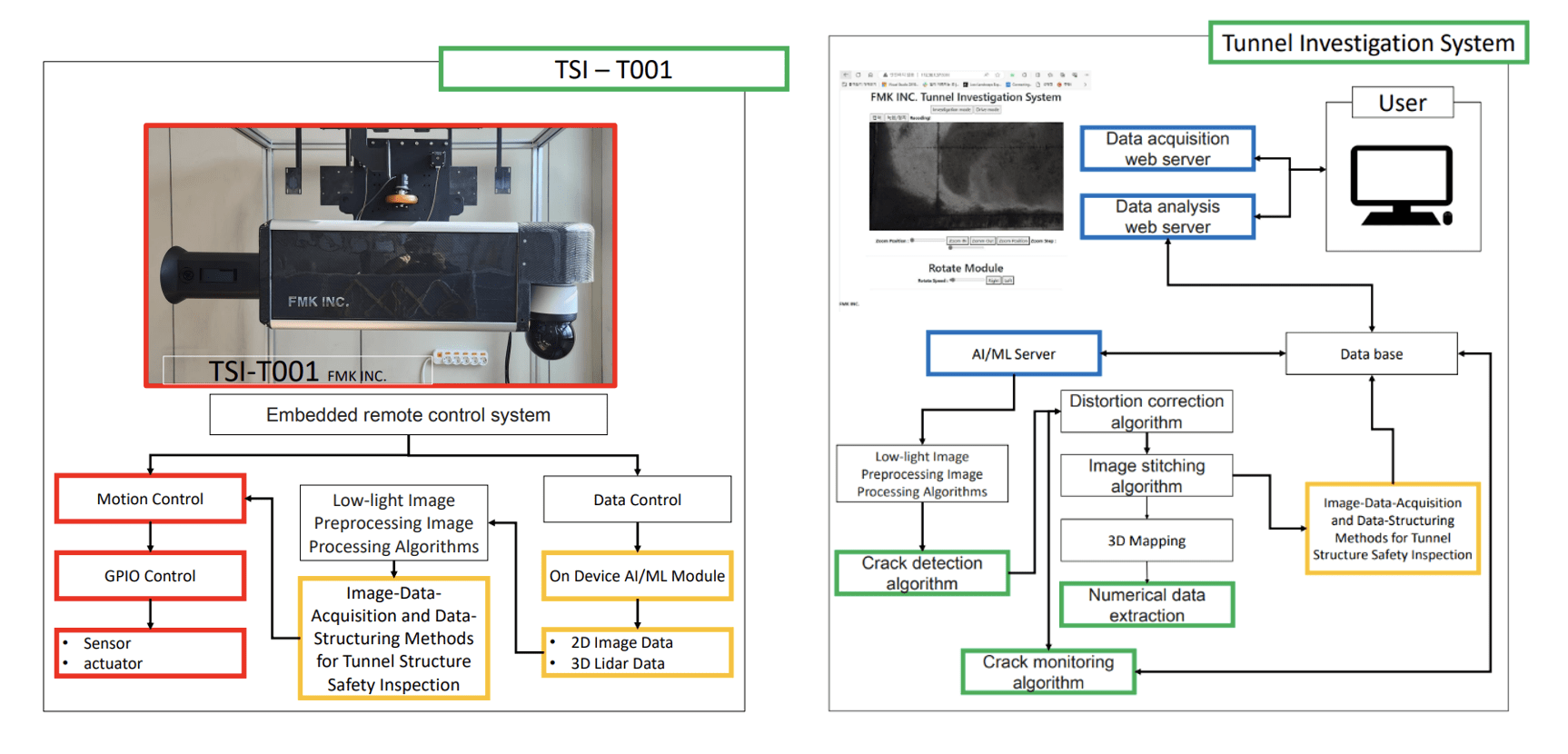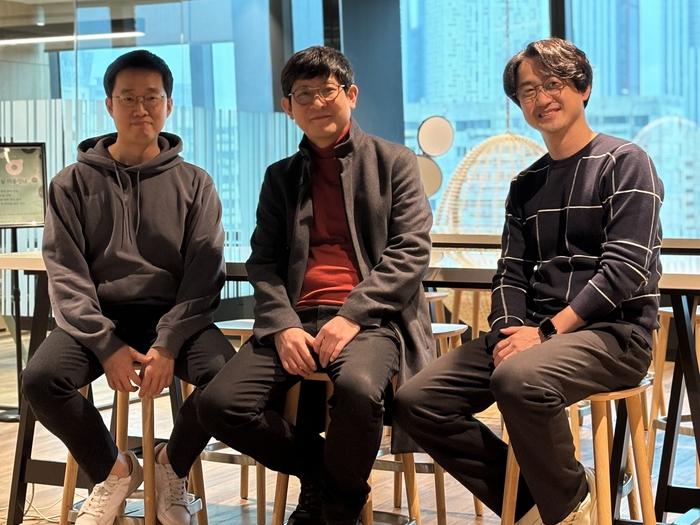4,191 total views, 1 today views
The world is working towards autonomous driving transformation for over a decade and South Korea wants to become the first nation in the world to make automated vehicles fully commercial by 2027. Korean President Moon Jae-in had announced that his government is aiming to have entirely self-driving cars on roads by 2027. “Our goal is to become world’s number one powerhouse in the future vehicle industry by 2030,” Moon had said in a speech at Hyundai’s technology and research center in 2019.
To achieve the goal of having the world’s highest level of fully autonomous driving cars, the Korean government has decided to invest 60 trillion won ($50.7 billion) for R&D and innovation through various missions and projects. South Korea is also upgrading its infrastructure for autonomous driving by installing intelligent transport systems on its 5,400 km of motorway, which is expected to be complete by 2024.
South Korea’s largest automaker Hyundai Motor Group has pledged to contribute to the development of autonomous driving technology through investments and research. Korean startups are not far behind as they are developing world-class technologies that will be useful for autonomous driving vehicles.
KoreaTechDesk lists out the Korean startups that have developed autonomous driving technologies and are driving the future of transportation.
Bitsensing – Radar device for smart surveillance
Bitsensing Inc. has developed a radar device with embedded sensors using IoT technology that can change the way safety and security are managed. The Radar device works for smart surveillance, weather forecasting, autonomous driving, and traffic management. The Radar device has a 4D imaging system, which can detect weather hazards with much more precision than the existing options.
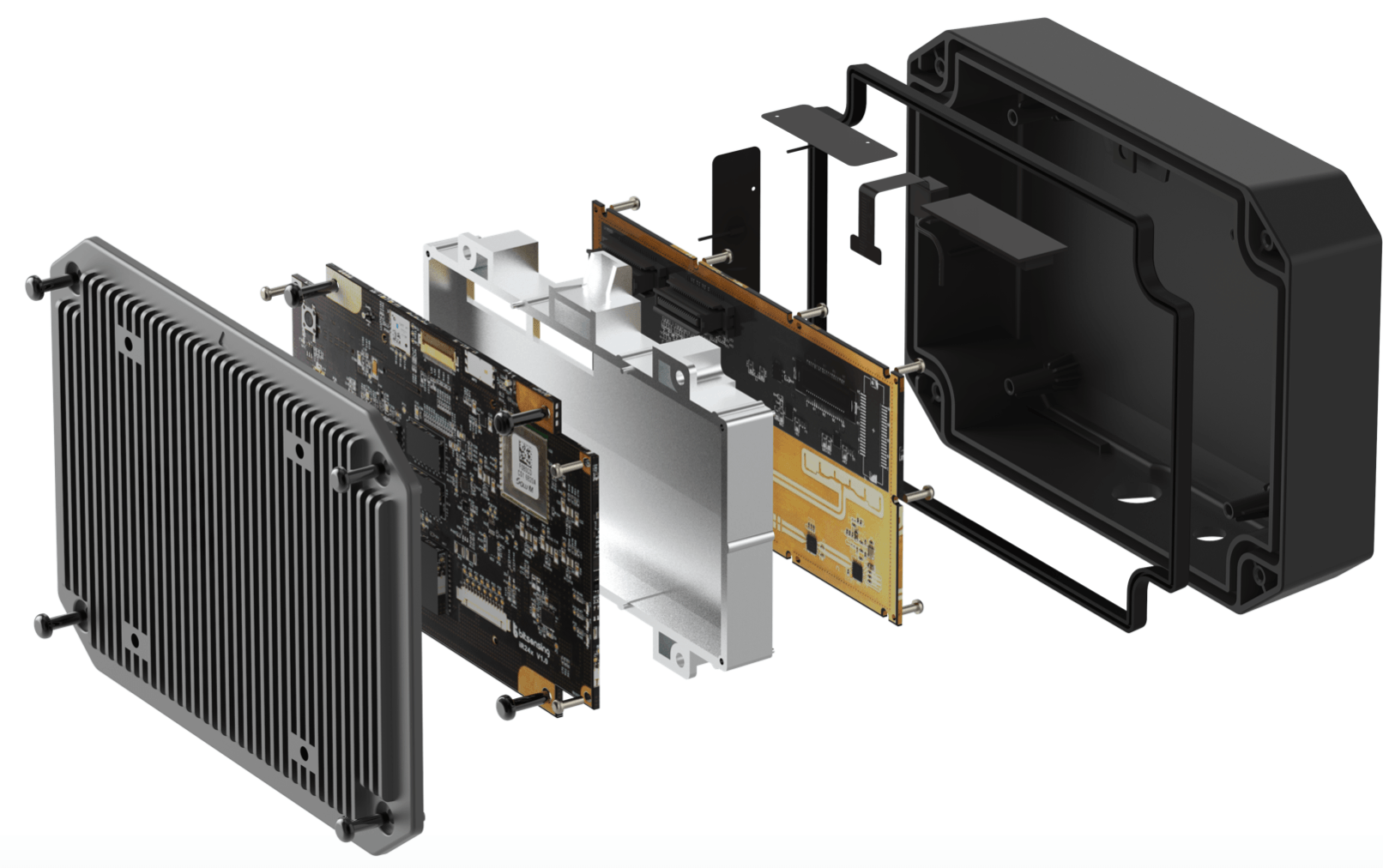

The device is built so that it can sustain in all weather conditions and works well in harsh environments such as fire or heat. The Radar has GPS and Wi-Fi enabled, which means it can be used anywhere, anytime. The compact device is easy to assemble, reasonably priced, and is readily available for use.
Code42 – Mobility Platform
Code42 is an integrated mobility platform for autonomous vehicles. Its flagship program Urban Mobility Operating System – ‘UMOS’ enables TaaS (Transportation-as-a-Service) via self-driving vehicles, drones, and other autonomous machines. The platform includes various modes of transportation such as ride-hailing, car rentals, smart logistics, food delivery, robot taxi, eCommerce, etc. Code42 have partnered with Hyundai Motors for developing its self-driving technology. The startup has also tied up with Kia Motors for EV mobility app.
Seoul Robotics – LiDar (light detection and ranging) solutions
Seoul Robotics has been making advanced LiDar perception software for self-driving cars, which requires the highest accuracy and reliability. The startup provides LiDar solutions, Radars, and cameras for self-driving cars. The startup has formed collaborations with global OEM’s, LiDAR manufacturing partners, Tier 1 suppliers, governments, and engineering solutions providers. Its SENSR suite adds next-generation accurate sensing to LiDAR systems. It gives vehicles and robots the ability to detect, classify, and count pedestrians and vehicles across a wide range of complex spaces. The company has collaborated with BMW for developing a LiDAR recognition system for autonomous driving over the next three years.
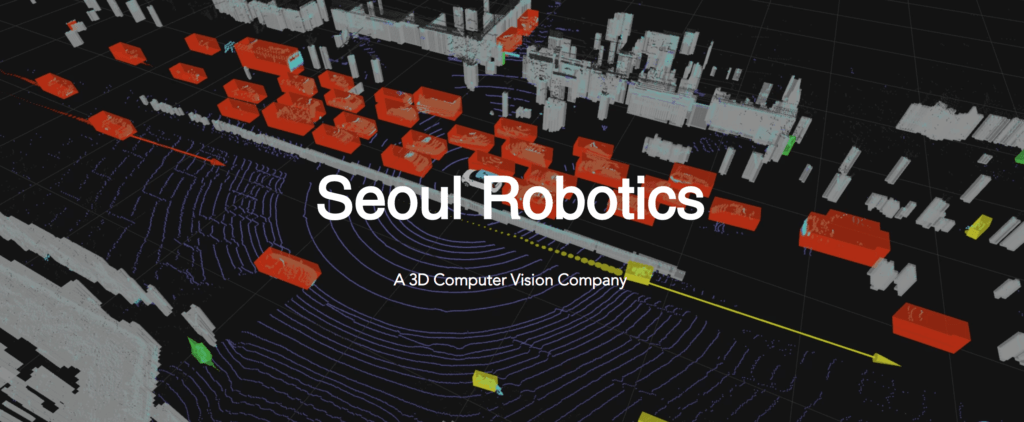

Stradvision – Image Detection
StradVision has developed a deep learning-based camera image detection technology for the automotive industry that plays a critical role in Advanced Driver Assistance Systems (ADAS) capabilities such as Automatic Emergency Braking and Blindspot Detection. StradVision’s technology is based on its SVNet Deep Learning-based software, which enables high-level perception abilities, including Lane Detection, Traffic Light & Sign Detection/Recognition, Object Detection and Free Space Detection. Stradvision has achieved a prestigious recognition as a ‘future unicorn,’ selected by South Korea’s Ministry of SMEs and Startups.
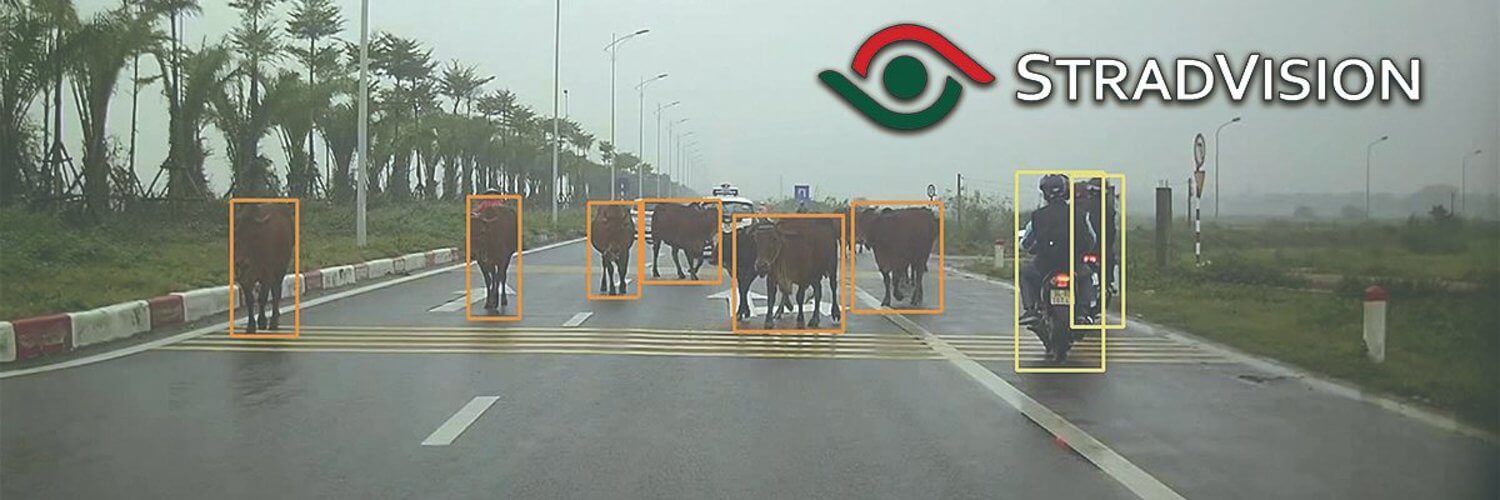

Mobiltech 3D Spatial information & perception technology
Founded in 2017, the startup has launched a variety of 3D spatial information scanners, which will aid in the autonomous driving market. Mobiltech’s digital twin technology duplicates the real world with own-developed Replica Series in both types of LiDAR SLAM and MMS. The company’s 3D scanners – L Replica does real-time 3D mapping for indoor and outdoor use. It has GPS free solution to survey projects at difficult places and applies to an autonomous robot.
The XL Replica scanner is a high definition Mobile Mapping System with multiple sensors synchronization and Artificial Intelligence-based (AI) data categorizing algorithm. The DL-Replica product is a LiDAR, camera, and IMU Sensor fusion module directly applicable to the computer vision RnD area using a camera and LiDAR. It is usable in various formats from a drone to tank.
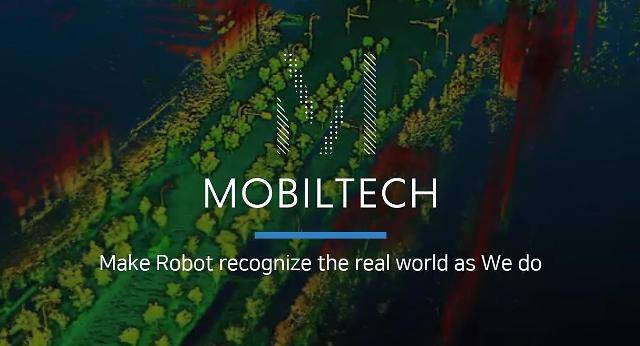

Roiive – automotive camera technology
ROIIVE is actively developing core automotive camera technology and application to ensure more safety features and data analysis conversion for vehicles. ROIIVE was established in 2019 and its core product is enhanced with the CMOS Image Sensor & Image Signal Processor Semiconductor, a core component of the camera application. ROIIVE’s technology can increase the performance and quality of automotive cameras necessary for the autonomous driving industry’s future. ROIIVE’s products are offered for three main business areas – the automotive multichannel camera for ADAS & Vision System for an autonomous car, camera kit for the embedded vision system, and industrial vision camera for the smart factory process.
RideFlux – autonomous shared mobility
RideFlux is developing self-driving technology based on shared mobility. The startup, funded by leading Korean car rental startup SoCar, started its pilot project for public transport service in 2020. It provides autonomous shared mobility for people commuting from the airport to the tourist island of Jeju to SoCar’s service center – a route of 5 km. Rideflux uses a modified Hyundai Ioniq, with cameras and sensors installed to make it work in AV mode. RideFlux has launched South Korea’s first autonomous vehicle to go into regular service on public roads. The startup has been working on autonomous shared mobility with a team of engineers and software developers.
Also Read,
- Korean startup Coconut Silo makes cross-border logistics tracking easier, efficient
- Korean Radar technology startup Bitsensing raises $5.8 million investment
- Let’s charge it! On World EV Day; a look at Korean startup EVAR ‘s charging infrastructure
- Korean startup Global E-Detail (GED)’s Text Behaviour system for prevention & analysis in accident insurance claims



